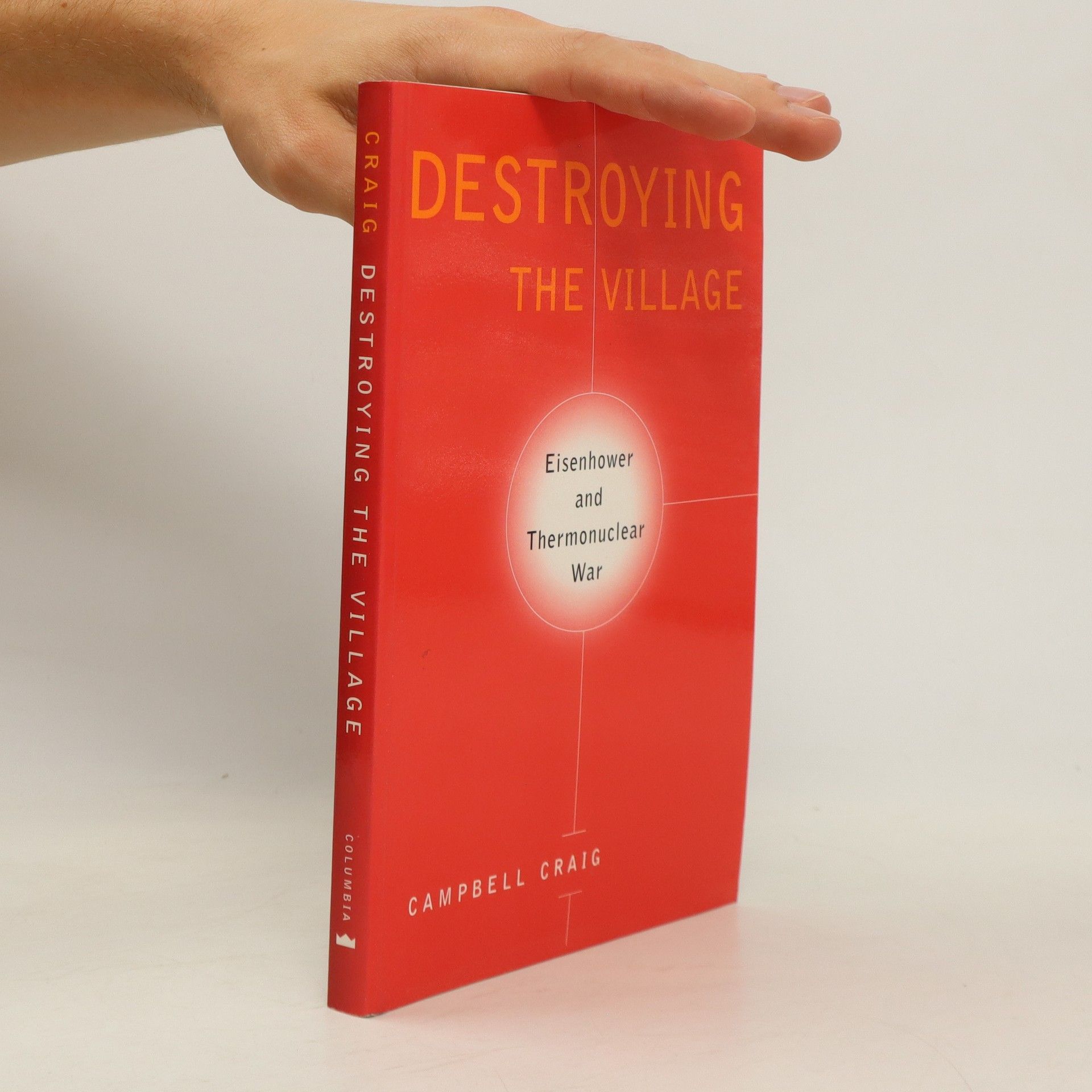This book moves beyond the focus on economic considerations that was central to the work of New Left historians, examining the many other forces-domestic politics, bureaucratic inertia, quirks of personality, and perceptions of Soviet intentions-that influenced key decision makers in Washington. schovat popis
Columbia Studies in Contemporary American History Séria
Táto séria sa ponára do zložitých udalostí a hlbokých spoločenských posunov, ktoré formovali modernú Ameriku. Každý zväzok ponúka starostlivo preskúmaný pohľad na kľúčové obdobia, politické boje a kultúrne revolúcie. Poskytuje čitateľom ucelený obraz amerického života a jeho neustáleho vývoja v nedávnej minulosti. Je to ideálne čítanie pre tých, ktorí sa zaujímajú o politiku, sociológiu a americkú identitu.


In the early days of the Cold War, thermonuclear conflict was everywhere an imminent threat. With the realization that mutual destruction was the likely result of a nuclear war, US policy makers were forced to articulate a coherent stance on what they would do if the United States went to war with the USSR. The paradox of defeat or mutual annihilation was one that plagued American policy makers and scholars, whatever their stated position.